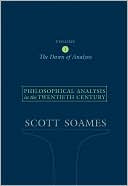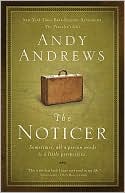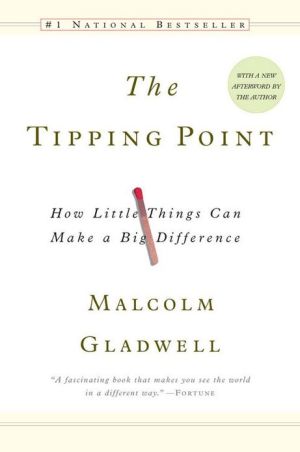Philosophical Analysis in the Twentieth Century, Volume 1: The Dawn of Analysis
Search in google:
"A history of analytic philosophy and an excellent piece of analytic philosophy in its own right. We can all benefit from Soames's discussion of the central issues that have shaped the subject and his assessment of what we have achieved and where we might have gone wrong."—Kit Fine, New York University"This monumental study is a careful assessment of the successes and the failures of twentieth-century analytic philosophy. Soames displays unfailingly sound judgment throughout. The work is invaluable to those of us who have contributed to this period of very recent history of thought, and more importantly, to our students who will build upon the triumphs and will profit from the defeats of ourselves and our predecessors, carrying philosophy forward into the new millennium. The work is also a comprehensive reality check in the face of persistent accusations (coming not only from those who do not understand analytic philosophy, but also from those who remain stuck in its recent failures) that analytic philosophy is a disease or a futile exercise in wheel spinning. Analytic philosophy is, and has always been, a rational quest for knowledge and understanding. Its tools are clarification, argument, and tutored intuition. Soames provides perspective concerning the best of recent philosophical thought, articulating its most important developments, dead ends, and discoveries."—Nathan Salmon, University of California, Santa Barbara"Philosophical Analysis in the Twentieth Century is a critical examination of key texts and trends in analytic philosophy by one of its leading contemporary practitioners. Soames has applied his formidable forensic talents to highlight the insights and expose the errors of the major figures from Moore to Kripke. These two volumes are an essential resource for any serious student of analytic philosophy."—Alex Byrne, Massachusetts Institute of Technology"Together these two volumes constitute an outstanding contribution to the field. They present the views and arguments of the major philosophers of the period with unmatched clarity and subject them to deep and critical scrutiny. In my view there is no other work on the history of twentieth-century century analytic philosophy that matches it in its scope, depth, and elegance."—Ali Kazmi, University of Calgary"This is an extraordinarily impressive piece of work. It will be very valuable to capable, advanced undergraduates, and I expect it to be used widely in graduate courses and discussed frequently by scholars. It provides a substantive vision of how and where real progress has been made by philosophers in the analytic tradition, as well as how and why analytic philosophy sometimes took a step backward. Soames himself is doing cutting-edge work in core areas of analytic philosophy and is thus able to bring a level of philosophical sophistication to his treatment that few have available to them."—John Hawthorne, Rutgers University Choice Because of its combination of sympathetic, illuminating exposition of the central doctrines and arguments of the analytic tradition and the hard-nosed critical evaluation to which they are subjected, this will surely be the standard history of analytic philosophy for many years to come.
AcknowledgmentsixIntroduction to the Two VolumesxiPart 1G. E. Moore on Ethics, Epistemology, and Philosophical Analysis1Chapter 1Common Sense and Philosophical Analysis3Chapter 2Moore on Skepticism, Perception, and Knowledge12Chapter 3Moore on Goodness and the Foundations of Ethics34Chapter 4The Legacies and Lost Opportunities of Moore's Ethics71Suggested Further Reading89Part 2Bertrand Russell on Logical and Linguistic Analysis91Chapter 5Logical Form, Grammatical Form, and the Theory of Descriptions93Chapter 6Logic and Mathematics: The Logicist Reduction132Chapter 7Logical Constructions and the External World165Chapter 8Russell's Logical Atomism182Suggested Further Reading194Part 3Ludwig Wittgenstein's Tractatus195Chapter 9The Metaphysics of the Tractatus197Chapter 10Meaning, Truth, and Logic in the Tractatus214Chapter 11The Tractarian Test of Intelligibility and Its Consequences234Suggested Further Reading254Part 4Logical Positivism, Emotivism, and Ethics255Chapter 12The Logical Positivists on Necessity and Apriori Knowledge257Chapter 13The Rise and Fall of the Empiricist Criterion of Meaning271Chapter 14Emotivism and Its Critics300Chapter 15Normative Ethics in the Era of Emotivism: The Anticonsequentialism of Sir David Ross320Suggested Further Reading346Part 5The Post-Positivist Perspective of the Early W. V. Quine349Chapter 16The Analytic and the Synthetic, the Necessary and the Possible, the Apriori and the Aposteriori351Chapter 17Meaning and Holistic Verificationism378Suggested Further Reading406Index409








